
By Aldo Rodríguez
In our present setting, one of the most challenging jobs is teaching. You may wonder why that is so. There are many aspects involved and interacting in the processes of teaching and learning. The key issue is to find ways of motivating students extrinsically and turn it into intrinsically. On this brief article, which is more a reflection than an article, the use of emotional intelligence, games and funny activities is seen as a popular means of engaging students in the class work.
To begin with, I would like to share a tale that clearly states what I think, LOVE is the basis of our work.
“A college professor had his sociology class go into the Baltimore slums to get case histories of 200 young boys. They were asked to write an evaluation of each boy’s future. In every case the students wrote “He hasn’t got a chance”. Twenty five years later another sociology professor came across the early study. He had his students follow up on the project to see what had happened to these boys. With the exception of 20 boys who had moved away or died, the students learned that 176 of the remaining 180 had achieved more than ordinary success as lawyers, doctors and businessmen.
The professor was astounded and decided to pursue the matter further. Fortunately, all the men were in the area and he was able to ask each one, “How do you account for your success?” in each case the reply came with feeling, “There was a teacher”
The teacher was still alive, so he sought her out and asked the old but still alert lady that magic formula she had used to pull these boys out of the slums into successful achievement.
The teacher’s eyes sparkled and her lips broke into a gentle smile. “It’s really very simple,” she said. “I loved those boys” (Eric Butterworth – Chicken Soup for the Soul)
Really nice, isn’t it?
The second aspect I would like you to bear in mind to motivate students is the one related to their own interests. This is a widespread issue, everybody agrees on this. However, most people confuse this concept with working with music, films and sports. When referring to their interests what I mean is to find a purpose for them to get into the topic. There is a wide variety of possibilities and therefore each of us can do their best to find that linking with their lives and their context. We sometimes ask the students to fill in the gaps with the correct form of some words in brackets, why should they be interested in that? What if you change the title and turn that exercise into a task?
Finally, the use of games has many highly important purposes and objectives. They are a great means to check and work when playing and unconsciously learning. Their affective filters are lowered and consequently, all the language they are exposed to is more likely to be acquired. You can prepare board games with which you can work at any time of the lesson. In that way, you strike a balance between formality and informality in the classroom context.
The presentation you will see next Saturday 6th June is going to be on that aspects of motivation. I invite you to share your experiences and games in our working session.


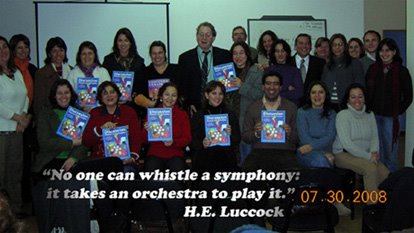

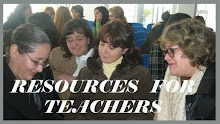











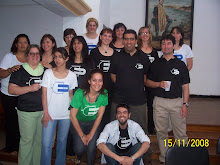







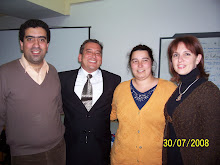

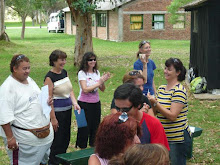


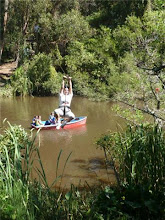
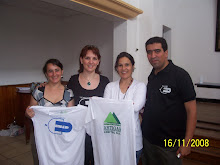

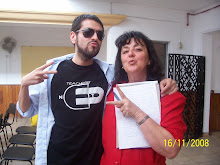


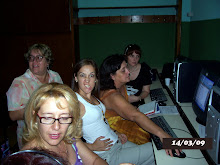

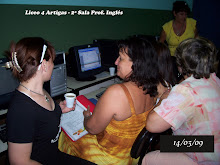

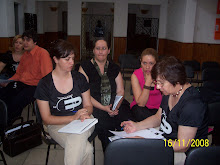
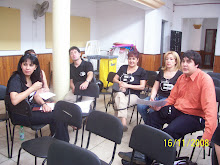




No hay comentarios:
Publicar un comentario